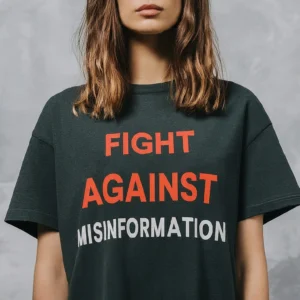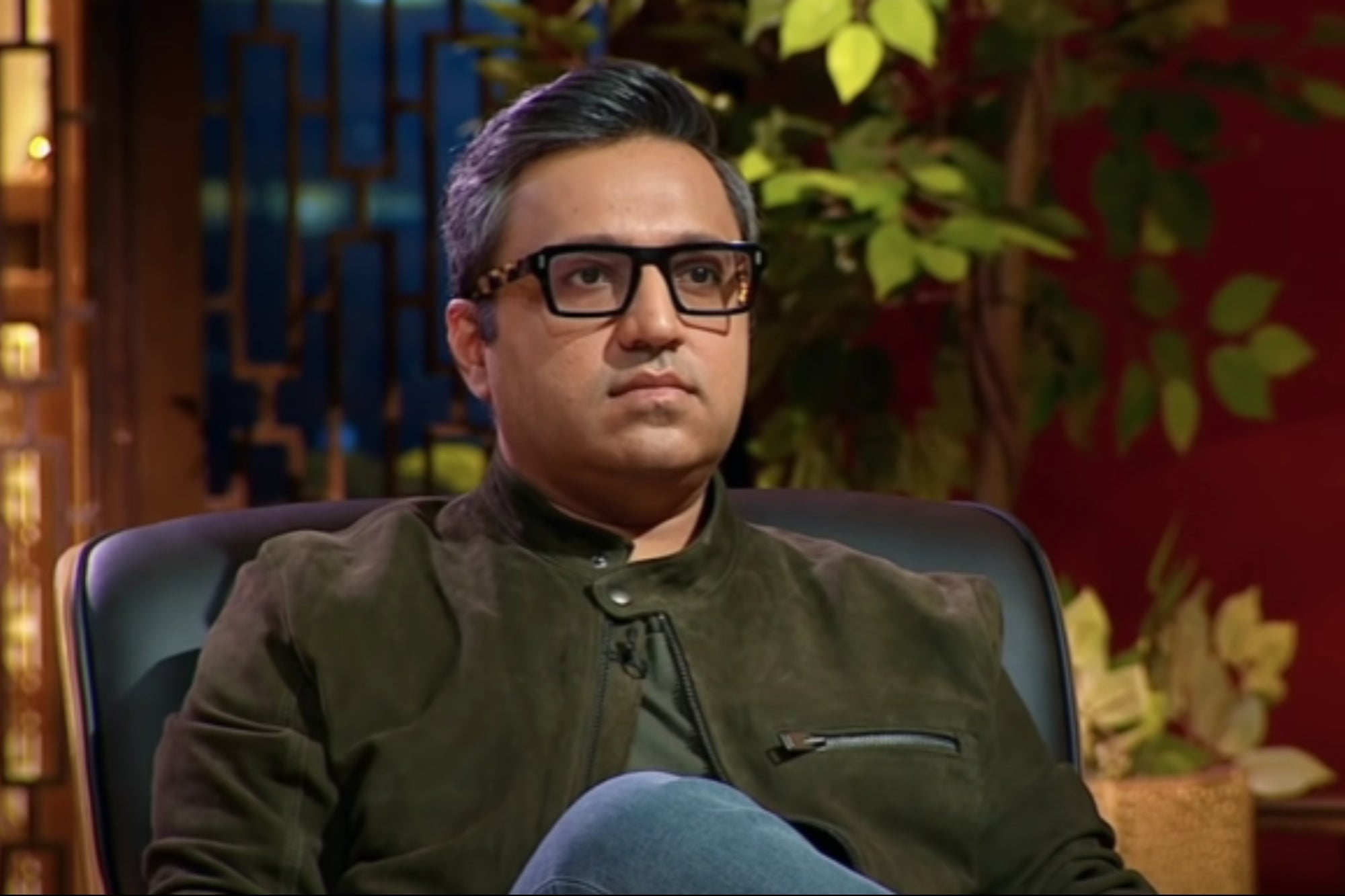India’s WhatsApp Helpline number for Deepfakes and Misinformation. Spreading misinformation and deepfakes has become a major concern, especially on platforms like WhatsApp where information travels fast. To combat this growing threat, WhatsApp, in collaboration with the Misinformation Combat Alliance (MCA), has announced a critical new safety feature: a dedicated helpline for India.
What is the Helpline?
- Launch: March 2024
- Platform: WhatsApp chatbot
- Function: Reporting suspicious messages containing deepfakes or misinformation
- Supported Languages: English, Hindi, Tamil, and Telugu
- Process: Users forward suspicious messages to the Helpline’s WhatsApp number. Experts analyze the content and debunk misinformation or deepfakes. In severe cases, content might be removed.
Imagine encountering a video circulating on WhatsApp, purporting to depict a renowned politician making inflammatory statements, or a news article promising an improbable breakthrough with alarming detail. Doubt lingers, yet verifying its authenticity feels daunting. The WhatsApp Helpline removes this barrier. Simply forward the suspect message – text, image, or video – to the designated number, your digital tip directly reaching a team of dedicated experts.
Why Is This Important?
Deepfakes are AI-generated videos or images that manipulate someone’s appearance or voice to spread false information. These can be incredibly convincing, leading to confusion, panic, and even violence. Misinformation, on the other hand, can be simple text or images shared without proper verification, often with malicious intent. Both pose significant risks to individuals and society, especially in a diverse country like India with a large digital population.
How Does the WhatsApp Helpline Number Work?

Here’s a breakdown of the helpline’s process:
1. Reporting:
- See something suspicious? Whether it’s a shocking text, a seemingly too-good-to-be-true image, or a video that appears manipulated, simply forward it directly to the helpline’s dedicated WhatsApp number.
- No language barrier: The chatbot currently understands English, Hindi, Tamil, and Telugu, ensuring everyone can participate in combating misinformation.
2. Expert Analysis:
- Don’t worry, your report doesn’t go into a void. It reaches the MCA’s “deepfake analysis unit,” a team of dedicated experts.
- They work closely with trusted fact-checking organizations and digital labs, leveraging their expertise and resources for thorough analysis.
3. Verification and Response:
- The team carefully assesses the reported content, using advanced tools and fact-checking techniques.
- If confirmed as misinformation or a deepfake, the content is debunked to expose its falsity.
- Depending on the severity, the message might even be removed from circulation, limiting its harmful reach.
Remember:
- The process may take some time, as thorough analysis is crucial.
- Reporting suspicious content, even if unsure, is always helpful. It allows the experts to investigate and make informed decisions.
This is just one step in the fight against misinformation and deepfakes. By using the helpline responsibly and staying informed, you can be a powerful force in creating a safer and more trustworthy online environment for everyone in India.
What’s Next: Join the Fight Against Misinformation in India

The WhatsApp helpline, launching in March 2024, marks a significant milestone in the battle against harmful content online. However, its true impact depends on active participation from everyone. Here’s how you can be a part of the solution:
Join the Reporting Revolution:
- Become a “Misinformation Buster”: Don’t hesitate to forward suspicious messages. Every report helps the experts identify and debunk false content.
- Be a Multilingual Warrior: The helpline supports English, Hindi, Tamil, and Telugu. Encourage friends and family in different languages to participate.
- Report Early, Report Often: Don’t wait for something to go viral. The sooner harmful content is flagged, the faster it can be addressed.
Think Before You Share:
- Double-check everything: Don’t be misled by sensational headlines or emotional appeals. Verify information from trusted sources before sharing.
- Fact-check, don’t forward: Use fact-checking websites and resources to verify the authenticity of information before hitting that share button.
- Be skeptical of “too good to be true” content: If something seems unbelievable, it probably is. Investigate further before sharing.
Stay Informed, Stay Empowered:
- Follow fact-checking organizations: Subscribe to reliable fact-checkers on social media or their websites to stay updated on debunked claims and emerging threats.
- Support media literacy initiatives: Encourage educational programs that teach critical thinking skills and how to navigate the online world responsibly.
- Spread awareness: Talk to your friends, family, and community about the dangers of misinformation and how to use the helpline responsibly.
Remember, you are not alone!
This is a collective effort. By joining forces, using the helpline responsibly, and practicing critical thinking, we can create a safer, more informed online space for everyone in India. Together, let’s make the internet a haven for truth and responsible communication.
Please share your thoughts in comment about , at theproductrecap.com we are open to friendly suggestions and helpful inputs to keep awareness at peak.




